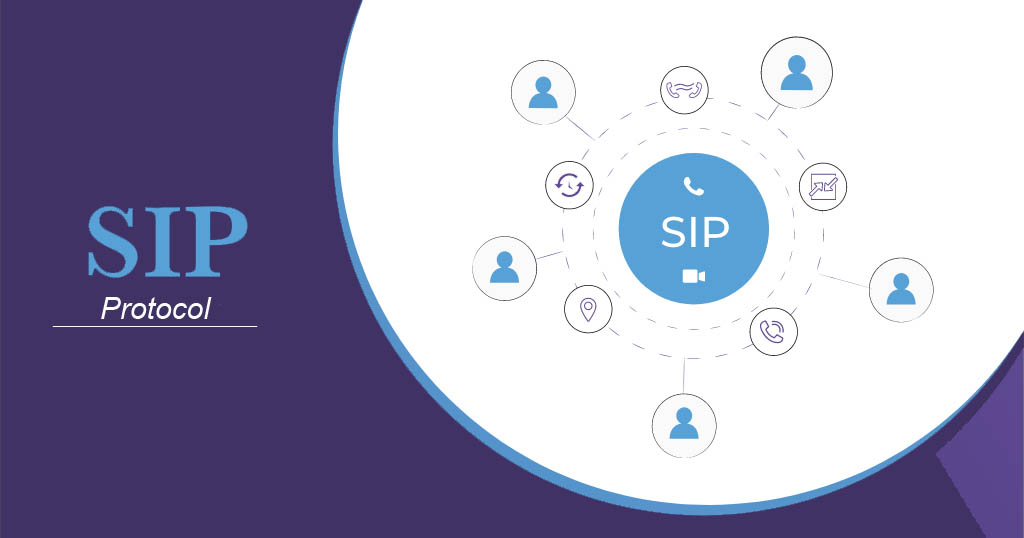SIP Protocol: The Future of Communication Architecture Today.
Introduction:
As the business environment becomes increasingly reliant on stable and efficient communication, the emergence of SIP (Session Initiation Protocol) has dramatically changed the telecommunications game.
Today, many of us, whether engineers, system administrators, or designers, consider SIP not merely as another standard but as the universal language of the global internet communication community.

History and Development:
Developed in the late 1990s with collaboration from giants like the IETF (Internet Engineering Task Force), SIP turned a new page in the history of internet communications. Officially adopted as a standard in 1999, the protocol was designed to manage streams of multimedia data such as voice and video.
Technical Description and Usage:
SIP is characterized as lightweight and flexible, employing common request and response methods to facilitate session management for calls, video conferencing, and other network activities. The use of SIP extends from simple calls to complex integrations with various services and applications.
Advantages and Disadvantages:
The benefits of SIP include its universality and scalability. It easily integrates into multifunctional environments, providing connections between different devices and networks. However, like any technology, SIP has its subtleties. Quality of data transmission can decline with unstable internet connections, which can be challenging for specialists during system integration.
Real-World Use Cases:
SIP's practical application is reflected in how corporations reorganize their call centers, businesses implement cloud solutions, and remote work becomes the norm rather than the exception. SIP supports this trend by offering a flexible solution for next-generation communications.
Expert Opinions:
Recognized experts note that SIP is not just technology but also an opportunity for the growth of broadband access. According to Henry Sinclair, a leading network solutions engineer, "SIP is more than a communication standard. It's a fundamental component for the operation of modern business."
Alternative Views:
However, it's important to consider the flip side. Some experts raise concerns about data security and safety when using SIP. Despite all efforts, being an open standard, SIP requires additional precautionary measures.
Conclusion:
SIP embodies not just a technological advance but an entire philosophy of interaction and connection that permeates every corner of the business world. The tension of innovation continues, and SIP remains a major player in the field of global internet communications.

